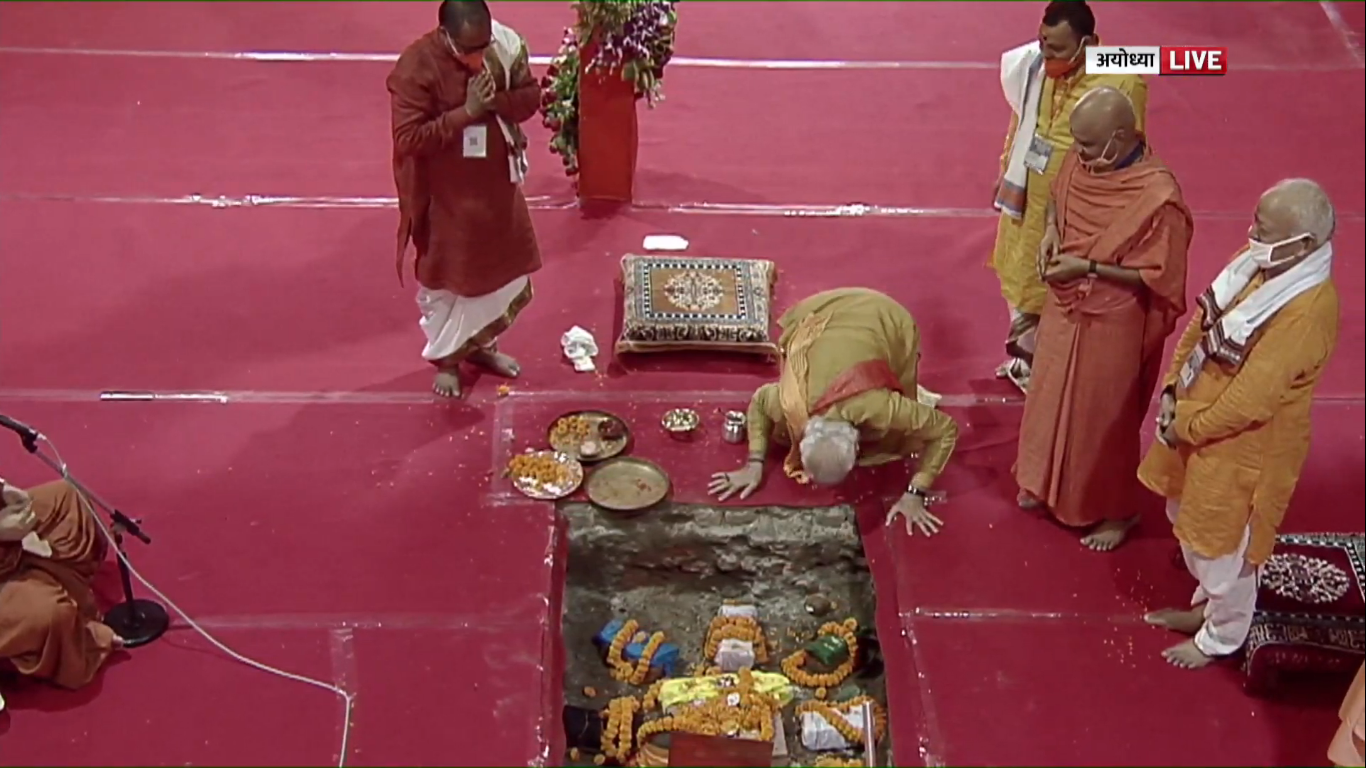Agartala, Oct 19: Tripura governorTathagata Roy has created yet another controversy by claiming azaan, or Muslim call to prayer, caused noise pollution.
Roy was in news last week for his comments equating the Supreme Court ban on sale of firecrackers in Delhi to a communal conspiracy.
"Every Diwali fights start over noise pollution from crackers. A few days in a year. But no fight about Azaan over loudspeakers at 4.30 am." he wrote in a series of tweets on Tuesday, comparing noise caused by crackers to the call to prayer by mosques over loudspeakers.
"Actually this silence of the 'secular' crowd over noise pollution by Azaan perplexes me. Loudspeakers are not prescribed in Quran or any Haadis," he added and then claimed: "The Muezzin is supposed to shout Aazan from the minarets, which is why the minarets are there. Use of loudspeakers, thus is contrary to Islam."
Last week, Roy tweeted that those supporting the Supreme Court ban on sale of firecrackers in Delhi would target Hindu cremation rites next, triggering strong reactions both in favour of and against his comments. This time, too, the response was polarised.
Later, Roy defended his tweets on azaan, saying he had not compared firecrackers to the call to prayer but had expressed his reservation about the use of loudspeakers for the same.





Comments
Another RSS agent , if u think Azan is noise pollution then go to any isolated island , there u can never hear your noisy bajan as well. Kab Sudhroge, qayamat aane ke badh ??
Respected Readers
With Azaan sound, all devil forces feel uncomforting and they start running. So animal start crying by looking sudden changes in surrounding like dooms day.
In old days, the Azaan and Namaz was treatment for all type diseases and devil forces.
Please confirm this fact from your respected elders. Thanks.
Only Allah should take care of people like Tripura Governor Tathgatta Roya who are hatching communal conspiracy over the issue of noise pollution because of azaan by Muslims. Azaan is called just for two or three minutes and it should not be a problem for any one. Moreover even some non-muslims also enjoy this call for prayer by Muslims. These people fail to recognise the heavy air pollution and noise pollution caused by Hindu festivals like Diwali, Holi, Dasara, their Bhajans and poojas by wasting milk, ghee etc. and cremation of their dead bodies. No one is worried about these pollutions. May the Almighty God guide these dirty minded communal conspirators on the right path, Aameen.
Add new comment